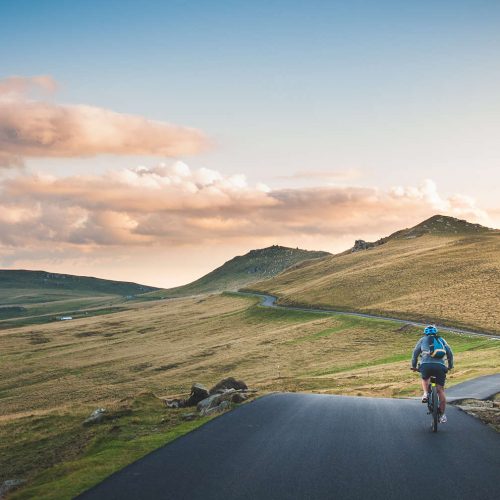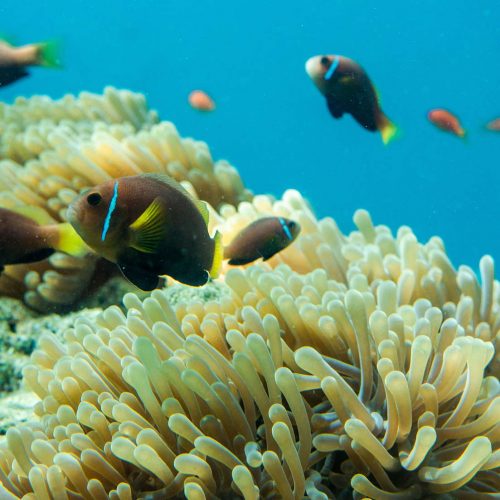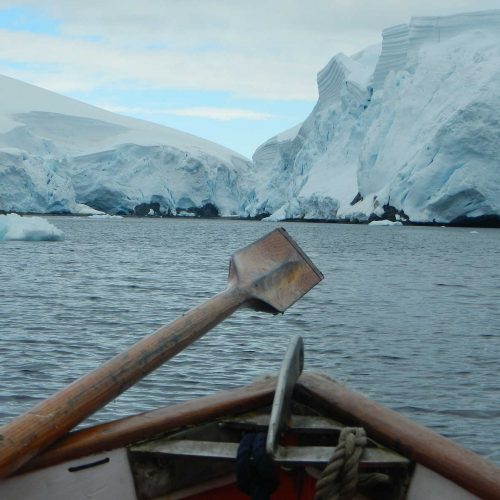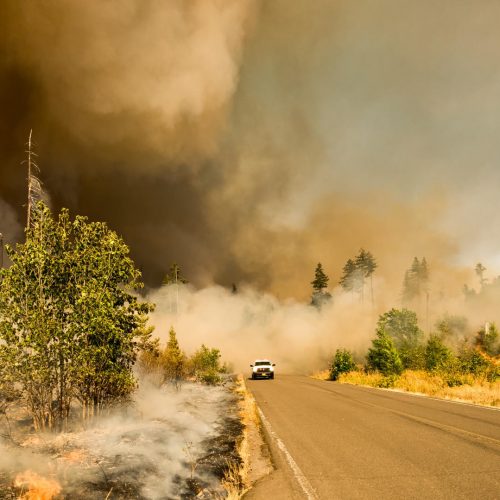Tourism After Lockdown: How the Industry Will Change
After months of lockdown, the travel industry has been heavily affected, however, it has seen a rise popularity of ‘staycations’ with more people opting for local holidays and getaways rather than travelling abroad.
STAYCATIONS
According to Schofields Insurance, from January to July this year, searches for ‘staycation’ rose by 517% in the UK, showing the desperation for a holiday throughout this pandemic. Whilst airlines are struggling with the drastic decrease in passengers, local tourism has seen an increase as people are starting to enjoy the simple pleasures of a home holiday. Not only do local holidays reveal hidden gems close to you, they also reduce your carbon footprint. With less than half the number of planes in the air, more people are using cars, trains, buses or foot – much less environmentally harmful than planes. This large drop in air traffic caused a dip in greenhouse gas emissions, which should encourage people to use alternative modes of transport in their travels.
Even before the pandemic more people were choosing to holiday at home rather than abroad, but perhaps now even more people will begin to look for local tourist spots, reducing the stress, travel, and time that comes with planning a holiday abroad.
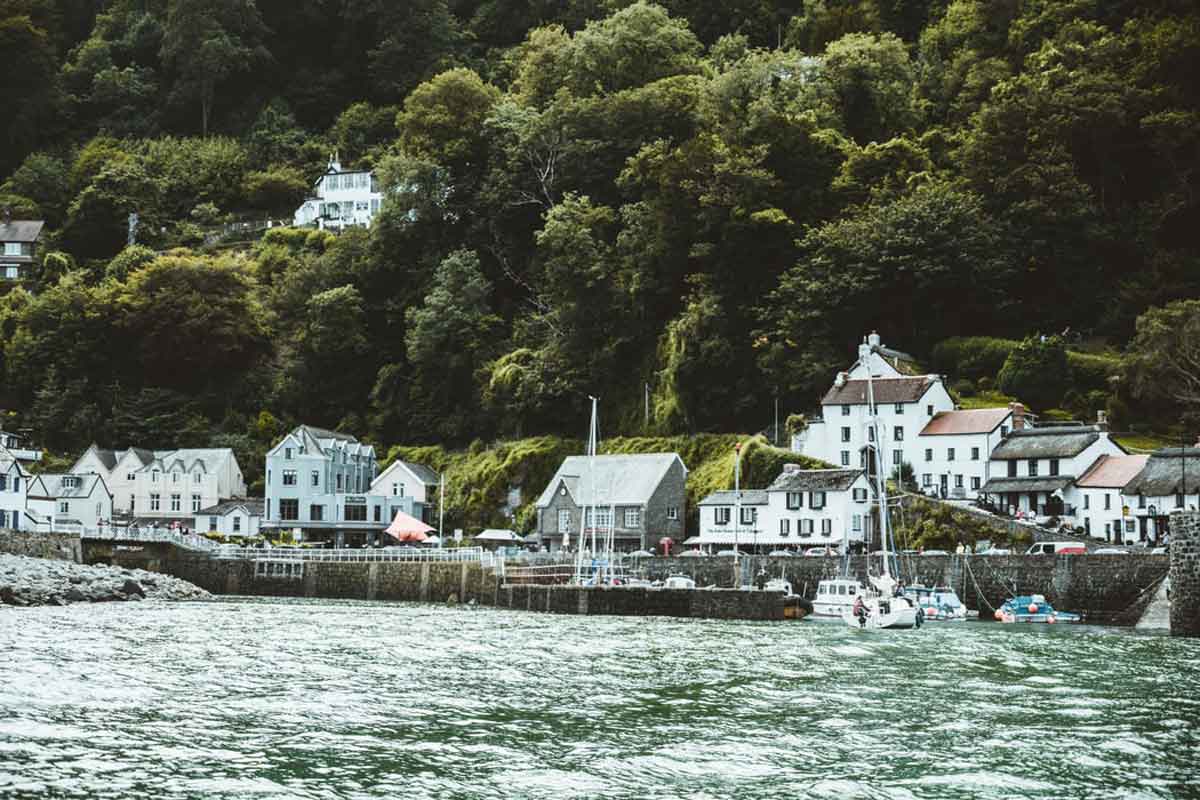
THE GREAT OUTDOORS
Having to spend so much time indoors recently, we have learnt to reconnect with the outdoors. Visiting local tourist spots, seeking new hiking routes and simply spending time with loved ones in the sun has allowed us to truly appreciate the beauty of nature. This appreciation has perhaps shifted the way we look at tourism and prompted discussion on how we can make it eco-friendly. Perhaps post-pandemic more people will look to local tourist spots rather than spending money flying to tropical holiday destinations.
Studies have shown that spending time outdoors is beneficial to your health in lots of ways – better sleep, increased social connectedness and even reduced depression. Sun exposure is a natural way to get vitamin D which helps keep bones, skin and muscles healthy. With the majority of people working from home, life became draining for some and often mundane, but regular vitamin D exposure leaves you feeling less tired and much more energised.
The ban on non-essential air travel at the beginning of the pandemic showed us how nature can restore itself when pollution levels drop. Of course, a pandemic isn’t the solution to a more sustainable future, but perhaps we can learn more about how we to travel more sustainably. Enjoying the outdoors locally allows you to appreciate the beauty of home whilst experiencing something new.

BECOMING A MORE RESPONSIBLE TRAVELER
As lockdowns begin to ease and people start to travel abroad again, the airlines need to reassess their environmental impact. Adapting to new health and safety measures means holidays can be made more environmentally friendly; Mckinsey suggests protocols such as ‘letting [guests] choose their own housekeeping schedule’ which will help to reduce environmental impact (less frequent washing means less water waste). Some hotels are even expanding their room service hours and adding channels to TVs to minimise exposure between guests.
In order for the travel industry to build itself up again and thrive, it will be forced to adhere to health and safety precautions set out to keep travellers from risk. Considering all the environmental benefits proven from the air travel stand-still we’ve experienced, now might just be the perfect time to work towards a more sustainable future for travel.


